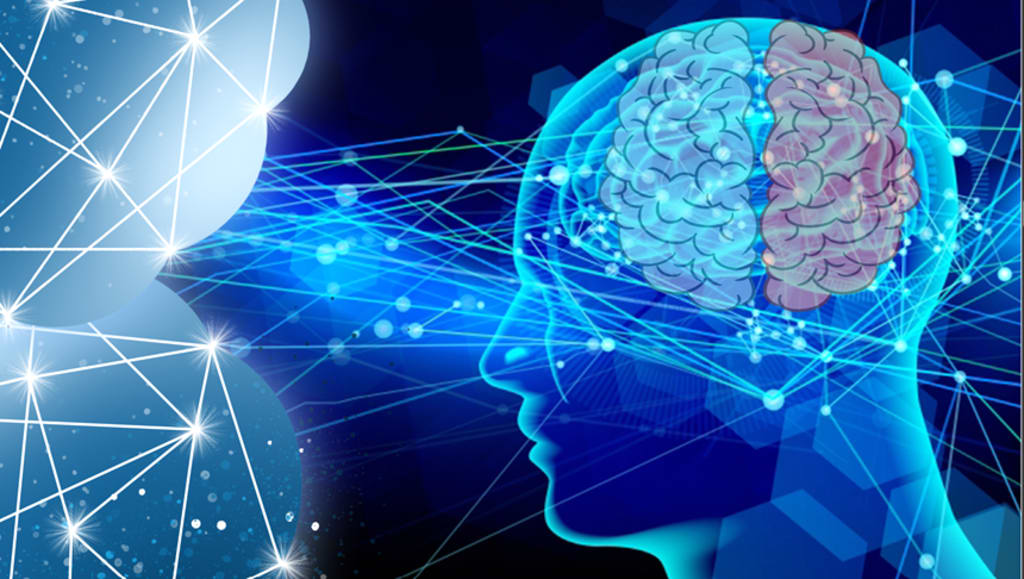Small cells make a big difference: stem cell therapy for stroke
Small cells do a big job

"Cerebral stroke", also known as "stroke" or "cerebrovascular accident", is an acute cerebrovascular disease, which is caused by sudden rupture of blood vessels in the brain or the inability of blood to flow into the brain due to vascular blockage. A group of diseases, divided into ischemic and hemorrhagic stroke. The incidence of ischemic stroke is higher than that of hemorrhagic stroke, accounting for 60% to 70% of the total number of strokes. Occlusion and stenosis of the internal carotid artery and vertebral artery can cause ischemic stroke, and most people are over 40 years old, more men than women, and severe cases can lead to death. Hemorrhagic stroke has a higher mortality rate. Stroke has the characteristics of high morbidity, high mortality and high disability rate.
With the development and application of cell technology, mesenchymal stem cell (MSC)-based therapy is generally regarded as a new treatment for stroke, and now clinical trials have been gradually carried out around the world, and some clinical trials have been carried out. cumulative results.
Recently, "Neuro log" published the results of a clinical trial, 39 stroke patients received intravenous injection of mesenchymal stem cells for treatment. The results showed that there were no serious adverse reactions in the treatment group, and the motor function of the lower limbs was improved.
Currently available ischemic stroke treatments are through thrombolysis/thrombectomy, which allows recanalization of blood vessels to restore blood flow, reduces brain nerve cell death due to ischemia, and thus reduces disability and death, but both have time restrictive. Generally effective treatment time is short.
Some patients cannot achieve satisfactory results. It has been reported before. In August 2018, Pearl River Hospital of Southern Medical University published an article showing that 18 patients with acute cerebral infarction in the cerebral artery were treated with cell therapy. Follow-up showed no adverse events were found, proving the feasibility of stem cell therapy for ischemic stroke.
Stem cells are a type of cells with multi-directional differentiation potential, and the mechanism of stem cells for stroke treatment has gradually been elucidated. Stem cell therapy for stroke plays a key role in reducing inflammation, inhibiting apoptosis of damaged cells, protecting nerve cells, promoting endogenous nerve formation and angiogenesis, and pro-angiogenic cytokines secreted by mesenchymal stem cells. The transplanted stem cells differentiate, replace and integrate in the host, and then replace the brain-damaged cells to play a therapeutic role. In addition, mesenchymal stem cells have no immune rejection and do not need to be matched, which reduces the time cost and is suitable for the treatment of acute stroke.
Advantages of stem cell therapy for stroke
Existing research results show that stem cell transplantation is more effective than conventional drug therapy in the treatment of stroke. Patients treated with stem cell transplants have better outcomes than conventional drug therapy alone. It provides a new direction for the treatment of stroke diseases. Stem cell therapy has also been considered as one of the potential therapeutic strategies for neuroregeneration after stroke. After mesenchymal stem cell treatment, the overall condition of ischemic stroke patients was significantly improved, and the effect was better than that of the conventional drug treatment group. As early as 2005, a research team conducted a clinical trial of autologous mesenchymal stem cells in the treatment of ischemic stroke. 5 patients received intravenous infusion 5-7 weeks after stroke, compared with 25 patients in the control group. , patients treated with stem cells showed sustained neurological improvement at 3, 6 and 12 months after transplantation. The group has since followed a large double-blind clinical trial involving 16 treated patients and 36 control patients; the cell therapy group showed better functional recovery and lower mortality.
Stem cell therapy for stroke: The remarkable effect of stem cells in stroke therapy is expected to be exciting in the future. In my country, medical institutions such as Southern Medical University, the Seventh Medical Center of the PLA General Hospital (former Army General Hospital), Shanghai Fuxing Medicine, and Renji Hospital Affiliated to Shanghai Jiaotong University School of Medicine have successively carried out clinical trials of mesenchymal stem cells for the treatment of stroke. Research, and take the better research results, stroke patients have greatly improved. With the continuation of research, it is believed that in the future, stem cell therapy for stroke will be widely popularized and applied in clinical applications, bringing new hope to the majority of stroke patients!
About the Creator
sayre laylah
Tired of monotonous climbing moves, but every step is close to the top
Enjoyed the story? Support the Creator.
Subscribe for free to receive all their stories in your feed. You could also pledge your support or give them a one-off tip, letting them know you appreciate their work.






Comments
There are no comments for this story
Be the first to respond and start the conversation.